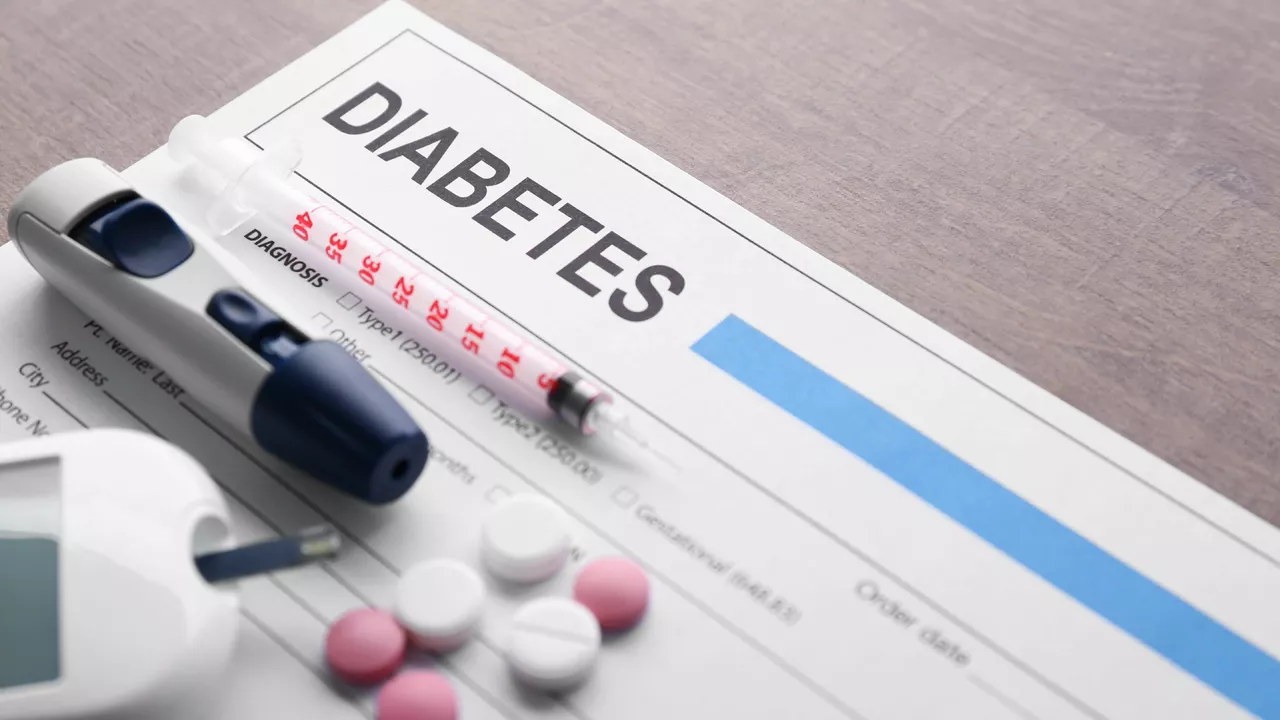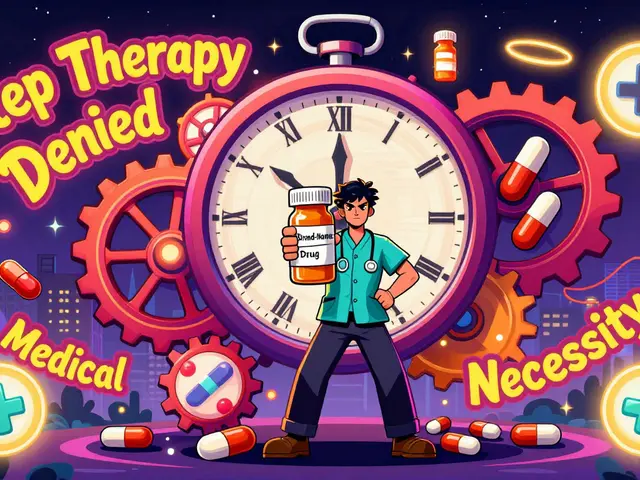Diabetes complications: what to watch for and how to lower your risk
Diabetes raises the chance of serious problems—heart attack, vision loss, nerve damage, and kidney failure—but you can do a lot to slow or prevent them. Start with small, specific actions that cut risk fast: control blood sugar, manage blood pressure and cholesterol, stop smoking, and keep up with basic checks.
Common complications and warning signs
Heart disease and stroke. High blood sugar over time damages arteries. Watch for chest tightness, shortness of breath, sudden weakness, or slurred speech. If you notice these, get medical help immediately.
Kidney disease. Diabetes is a top cause of chronic kidney disease. Early signs are subtle: more tired than usual, swelling in your ankles, or high blood pressure. Your doctor will test urine for protein and blood for kidney function—catching issues early makes a big difference.
Nerve damage (neuropathy). Tingling, burning, numbness, or pain in feet and hands are common. Loss of feeling increases the risk of cuts and infections. Check your feet daily, and report any cuts, blisters, or changes in skin color to your provider.
Eye problems. Diabetic retinopathy and macular edema can cause blurry vision or sudden vision loss. Regular eye exams with dilation spot damage before you notice symptoms. If you see floaters or sudden vision changes, book an eye appointment right away.
Foot problems and infections. Poor circulation and neuropathy slow healing. Look for redness, swelling, or wounds that don’t start to close in a few days. Clean minor cuts, avoid walking barefoot, and see a podiatrist for any persistent sore.
Practical steps you can take today
Target your blood sugar. Work with your doctor to set a clear A1c or glucose goal. Small drops in average glucose reduce long-term harm.
Control blood pressure and cholesterol. These two drive heart and kidney risk. Lifestyle changes plus simple medicines often get levels where they should be.
Move more and eat simply. Aim for regular walks, strength exercises twice a week, and a balanced plate: vegetables, lean protein, whole grains, and limited sugary drinks. You don’t need perfection—consistency matters more than perfection.
Quit smoking and limit alcohol. Both raise complication risk. Ask your clinic about programs or medications that help with quitting.
Keep up with checks. Get an annual dilated eye exam, a urine test for kidney protein, a foot check, and regular blood pressure and cholesterol measurements. Vaccines—flu, pneumonia, and others—help avoid infections that can trigger complications.
Be realistic and proactive. Track symptoms, bring a list of meds to appointments, and ask clear questions like “What number should my A1c be?” or “When should I see a specialist?” Early action prevents many problems and keeps life easier.
If something feels off—new numbness, sudden vision change, persistent foot sore—contact your healthcare team. Quick care saves time, money, and health. Small steps every day add up to big protection against diabetes complications.
Diabetic Gastroparesis: The Importance of Regular Medical Check-ups
In my latest blog post, I dove into the topic of Diabetic Gastroparesis, a condition where your stomach can't empty food properly. It's particularly common in people with diabetes. Regular medical check-ups are crucial in this context, as they can help monitor the condition and adjust treatment plans as needed. The post emphasizes the importance of not ignoring any symptoms and seeking medical advice promptly. Regular consultations with your doctor can significantly manage this condition, helping to improve your quality of life.





